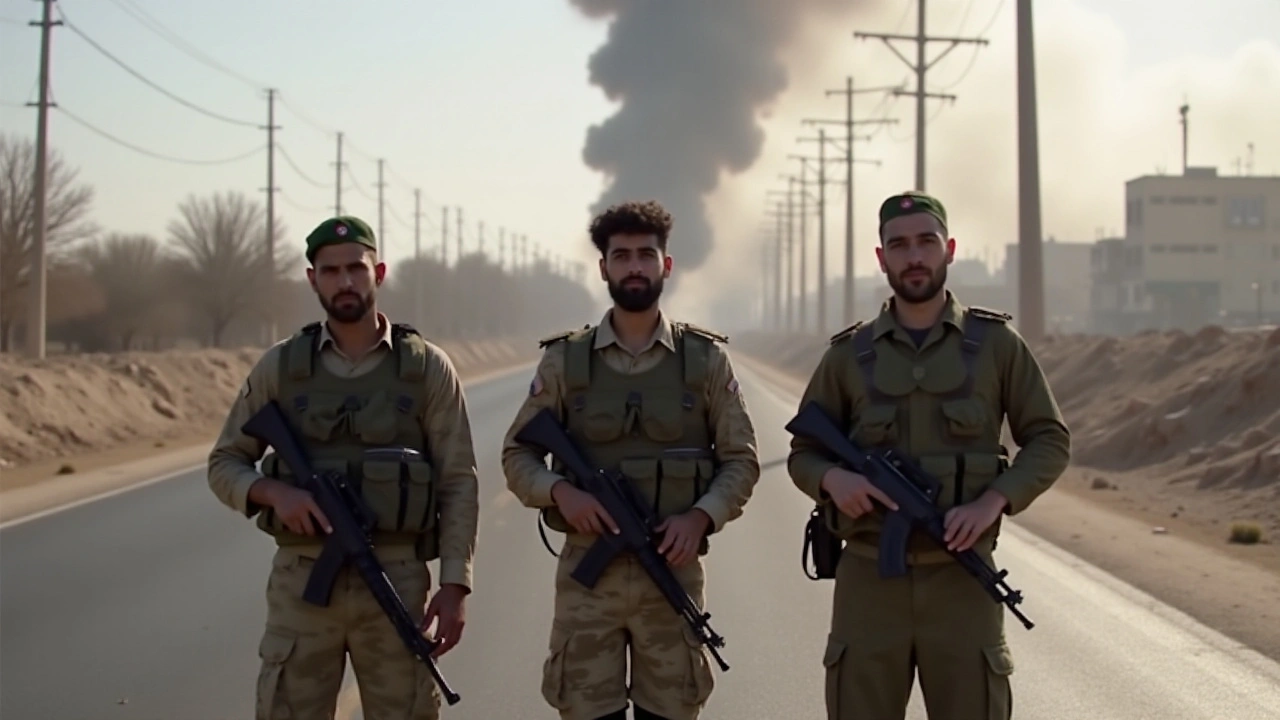Understanding the Syrian Civil War: What You Need to Know
The Syrian Civil War has been shaking the Middle East for over a decade now, leaving a huge impact on the country and its people. It started in 2011 when protests against the government led to a violent conflict involving multiple groups all vying for power. Unlike a simple fight, this war pulled in outside countries and complicated alliances that shifted over time, making the situation really complex.
Why does this matter to us? The Syrian conflict affects global politics, refugee movements, and regional stability. Millions have fled their homes, facing harsh conditions and uncertainty. Understanding the key players, like the Syrian government, rebel groups, and foreign forces, helps make sense of the ongoing news and why peace talks have struggled.
Who is Involved and What’s at Stake?
At heart, the war revolves around control. The Syrian government under President Bashar al-Assad wants to keep its grip, while rebels and extremist groups have tried to challenge it. Countries like Russia and Iran back the government, while the US and other nations have supported various opposition groups. This web of support affects the battlefield and peace efforts alike.
What’s often overlooked is how civilians are caught in the crossfire, facing shortages of food, healthcare, and safety. Aid groups frequently speak out about urgent needs and access issues. Plus, the war fuels broader regional tensions, tied to issues like terrorism and politics in neighboring countries.
How Can We Follow Reliable News on Syria?
It’s tough to keep track because the information can be confusing and sometimes biased. Look for updates from trustworthy sources that verify facts and avoid sensationalism. Reports with eyewitness accounts, official statements, and expert analysis provide clearer pictures. JLT Creative Daily News Africa offers updates with a focus on accuracy and insight, helping you stay informed without the noise.
Keeping an eye on developments also means watching how peace talks evolve and what comes next for refugees and rebuilding. The Syrian Civil War isn’t just a story about conflict but also about the resilience of a people determined to survive amid chaos.

Syrian Rebels Make Strategic Moves in Damascus Escalating the Civil War
In a significant development in the Syrian civil war, insurgents have entered the outskirts of Damascus, marking a dramatic escalation in the conflict. Led by Tahrir al-Sham, the rebels have seized control of key cities and are now targeting the capital. Their rapid advances have been aided by the distraction of Assad's allies. The situation has led to mass displacements, drawing international attention to the crisis.
